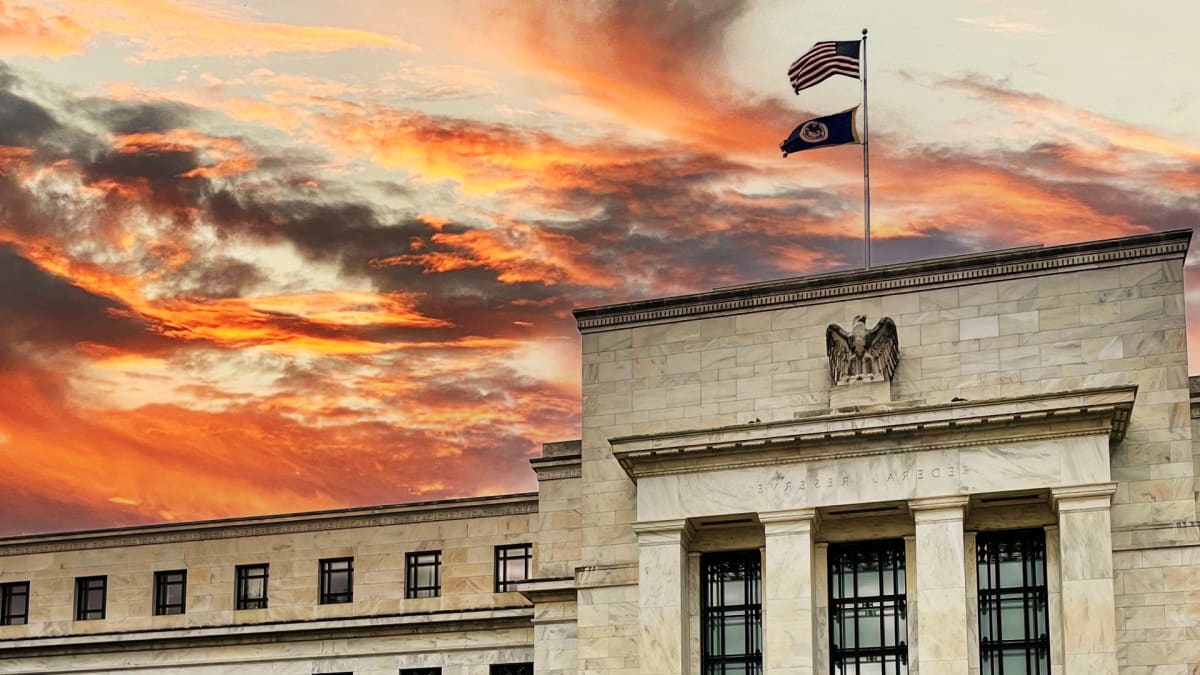
The US Federal Reserve has historically taken pride in being independent from political influence.
In promoting the effective operation of the U.S. economy, it seeks to conduct monetary policy for maximum benefit of the public interest and the stability of the financial system.
One of the Fed's primary tasks, for example, is deciding when to raise or lower interest rates. It will raise rates when the economy is moving too quickly, typically recognized when inflation occurs.
When the economy is slowing down or in recession, the Fed may elect to cut interest rates to encourage borrowing and buying, speeding the economy up.
These decisions are intended to be made entirely separate from any political calculations. They depend on market realities and unbiased projections.
Perceptions of Political Bias Exist Anyway
In theory, this separation of Fed policy from politics sounds simple. In practice, the lines can be perceived to blur from time to time.
For example, in a much-discussed Senate Budget Committee hearing in 2001, Fed Chair Alan Greenspan was widely understood to undermine arguments against President George W. Bush's plan for a $1.6 trillion tax cut over 10 years.
Central Bank Chair Ben Bernanke, after the 2007 to 2009 financial crisis, was accused of engaging in policies that helped President Barack Obama by buying bonds in an effort to boost the economy.
Janet Yellen, Fed chair from 2014 to 2018, was criticized for broaching the subject of inequality, generating comments that she was walking too close to the line that separates objectivity from ideology.
Chair Jerome Powell was perceived by many to be under intense pressure from President Donald Trump to lower interest rates -- so much so that he felt compelled to deny it publicly.
New Bill Would cut Number of Regional Fed Banks
Claims of political bias in the Federal Reserve are alive today.
Senate Banking Committee Ranking Member Pat Toomey, R-Pa., who has only days left before he leaves the Senate, has introduced a bill (along with other Republican senators) that would trim the number of the Fed's regional banks from 12 to 5.
The Federal Reserve Districts were laid out over 100 years ago and feature a number of quirks. Missouri, for instance, is home to two Federal Reserve regional banks, one in St, Louis and another in Kansas City. Many states are divided between two different Federal Reserve districts. The San Francisco Fed is responsible for the largest geographical region including Silicon Valley. Yet the SF Fed's president is only a voting member of the Federal Open Markets Committee -- which sets interest rates -- in alternating years.
This structural reform, sought in the Federal Reserve Accountability Act, is intended to facilitate congressional oversight, a summary issued by the committee says.
"Despite their narrow and nonpartisan statutory mandates, the Fed and regional Fed banks have increasingly inserted themselves into politically-charged issues like global warming and social justice," said Toomey in a press release. "Congress has a responsibility to ensure the Fed does not become a political actor. This legislation will further that important goal by reforming the Fed to make it more accountable to Congress and the American people."
The regional Fed banks the bill sets on the chopping block are those in Boston, Philadelphia, Richmond, Atlanta, Chicago, St. Louis, and Minneapolis. The surviving regional banks would be in New York, Cleveland, Kansas City, Dallas, and San Francisco.
Another requirement in the bill is that it would make the presidents of the Fed regional banks presidentially appointed and Senate-confirmed. Currently, they are selected by their private sector boards of directors and then are approved by the Fed Board of Governors in Washington.
The bill is not expected to become law because Democrats narrowly held onto the majority in the Senate.







